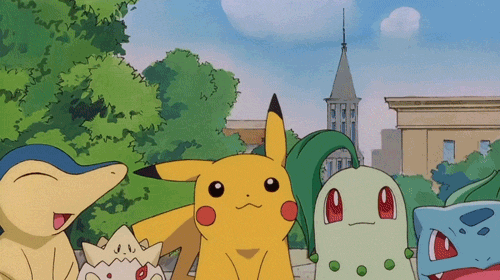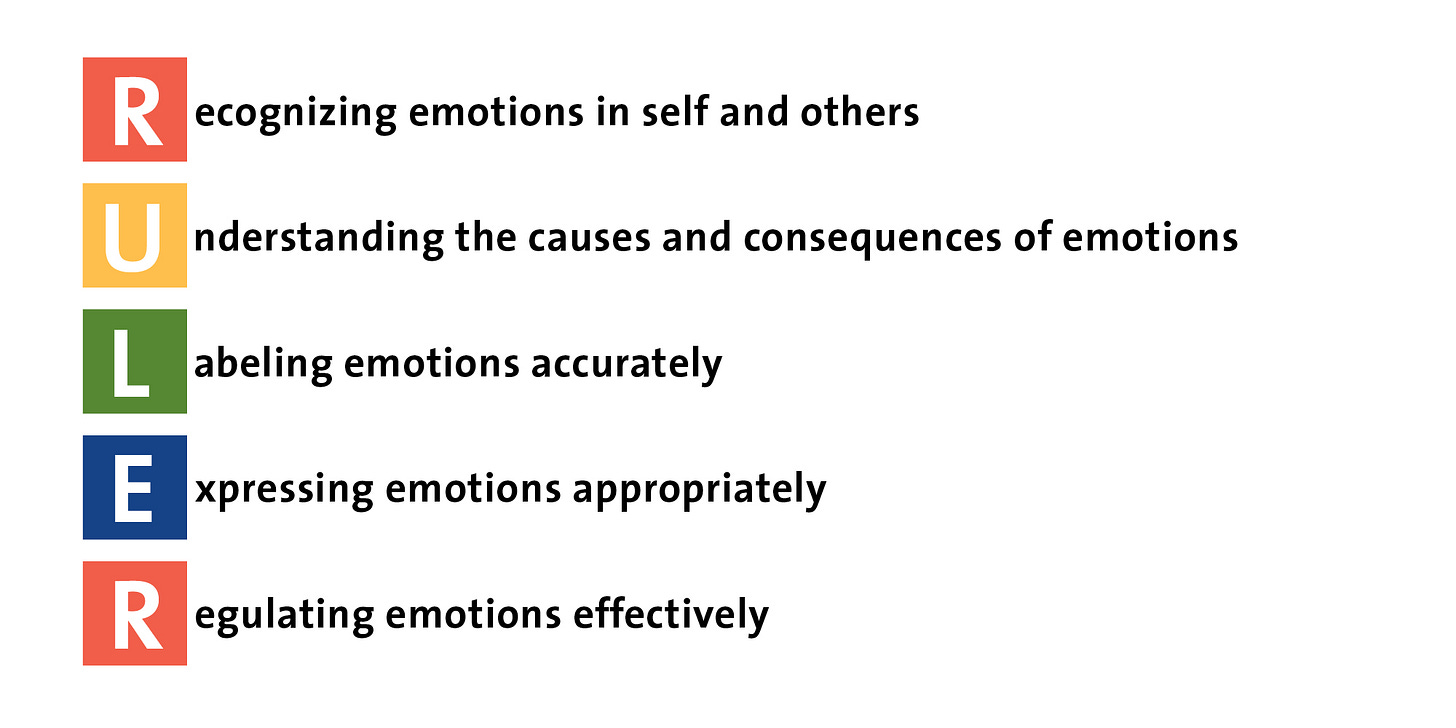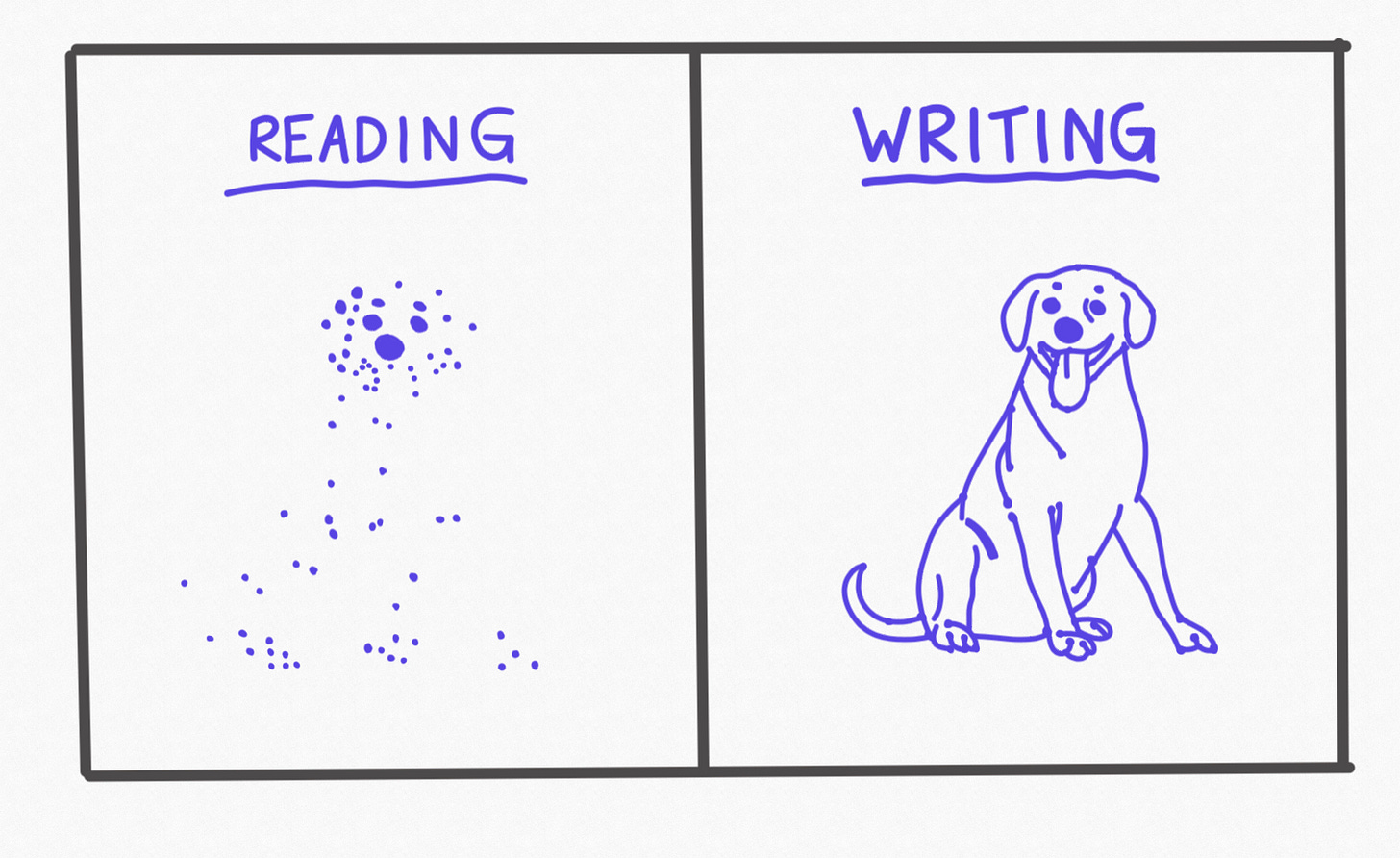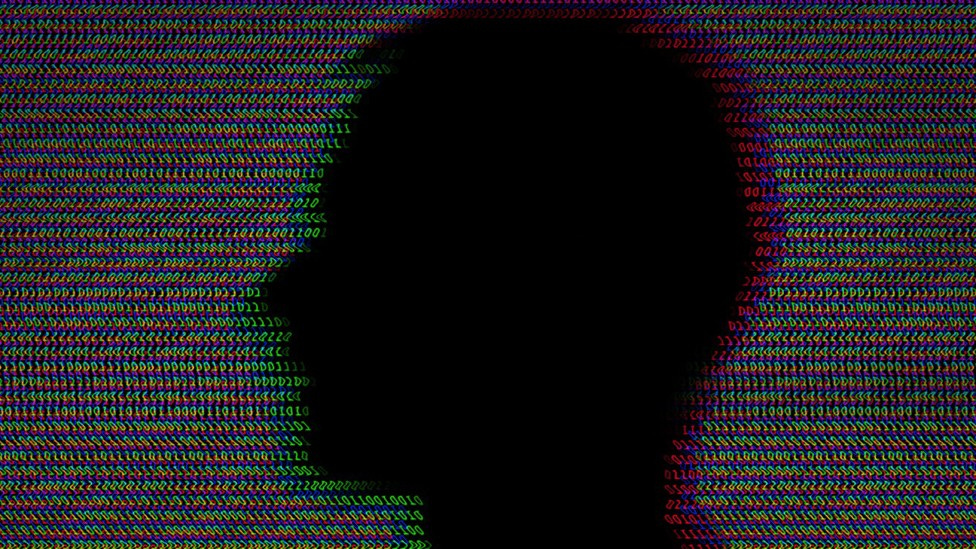🕶✨The Nexialist #0047
Collector Economy | Financialization of You | Social Mobility in the Digital Age | Mood Meter | Speed Learning | Touching You | Parasocial Relationships | Iconic Looks of Lady Gaga
Welcome to my weekly special collection of brain-sparking links, The Nexialist
Hey, you. Can I call you a Nexialister? A Nexer? I’m wondering what The Nexialist’s fandom name is (you’ll get why later on)? I appreciate you taking the time to read and share this humble internet patchwork quilt. Last week’s edition reached more readers than usual, so thank you all. I hope you enjoy today’s selection collection and send it forward. Now, get a cup of tea and join me:
🌡Mood Meter
Recently, my boyfriend Juan showed me Brené Brown’s podcast, Unlocking Us, and I have been binging to it. She interviews guests who have published books, and most of the time, she goes over learnings and quotes from that book in a light and fun way. I found it a great way to learn.
She interviewed Dr. Marc Brackett, Ph.D. and Founder/Director of the Yale Center for Emotional Intelligence about his book Permission to Feel. First, I have to say the talk was so rich, and his mission to teach emotional intelligence is so inspiring. He shares how “emotional intelligence is the ability to recognize, name, understand and regulate our feelings, rather than allowing out of control emotions to mindlessly influence choices, actions and relationships.”
He also shared the RULER framework and his project with the same name to teach emotional and social intelligence in schools. I recommend taking a look at his work.
Read: Permission to Feel - Marc Brackett
🧠Speed Learning
As I binged to Brené’s podcast, I noticed I needed to find a way to “catch” the learnings, to remember them later. I try to take notes in my weekly bullet journal in the Things I Learned This Week section, but there is no search engine there, so I rely on going back to look. Then last week I started a page on my Notion as my “learnings catcher”. Synchronicity then sent me David Perell’s Twitter thread about effective ways to learn. The answer is: writing.

Read: Against 3x Speed - David Perell
👆Touching You
Talking about speed, I watched this delicious video this week that made me smile and sigh a little bit with beautiful humans touching each other.
🪙Social Mobility in the Digital Age
L’Atelier’s content is so beautiful, mesmerizing and so well researched. I recommend saving this for when you have a bit more time, but make sure you see it. The beginning highlights important technologies in the Industrial, Technological, Digital, and Virtual revolutions, setting the stage for the huge transformation we’re going through now. Then we are guided into emerging economies in the virtual revolution: crypto, influence, sharing and virtual economies. This is just the first part, because then we are taken to other speculative futures. I’ll let you explore the rest on your own 😉
These emergent digital economies are facilitating dramatic wealth accumulation for a small few and supplemental earnings for a great many. They are the new ladders and ledges being created to replace the elevators that have been destroyed. They are, however, only accessible to those with the relevant skills and education. Many will be left behind.
But even those who aren’t active users of these technological systems are subject to them in the form of surveillance, social scoring, digital assistants, communication and analytics. These technologies have the potential to exert material influence over an individual’s economic and social trajectory regardless of merit.
The combination of emerging technological economies and widespread technological infrastructure are the building blocks for our economic future. The ways in which they are utilised and regulated will define social mobility for decades to come.
Get immersive: Economic opportunities for our avatars | Social Mobility in the Digital Age | L'Atelier
🫀Collector Economy
Ana Andjelic introduced me to a new concept and I’m here for it: The Collector Economy: How to turn brands into collections and products into collectibles. Ana explains the concept, mentions types and examples of collections and how that impacts on a brand level, product design level, merchandising and distribution.
Collections have their own market logic, competitive dynamics and growth models. In the aspirational economy, where it is imperative for products to be differentiated, original, personalized, and connected by storytelling, collections are the mechanism for increasing brand value and opportunities for brand growth. With aesthetization of our everyday life, products and experiences we seek need to be meaningful, beautiful, artful and story-rich. They also need to be constantly reinvented and refreshed. Collections’ simultaneously ensure singularity, connectivity and continuity of items they organize.
Read: Intro to the collector economy - by Ana Andjelic - The Sociology of Business
🤑Financialization of You
Rex Woodbury, an investor at Index Ventures and the author of the Digital Native newsletter, wrote a piece full of pop culture references explaining how “Social capital is becoming economic capital.” It is a good explanation of some possible impacts of this web 3.0 we hear so much about.
A new cultural mindset around ownership is colliding with new technology. We’re on the precipice of the third era of the web. The web’s first era was about information flowing freely—think Google giving you access to the world’s knowledge. Most of us were passive consumers in this era. The second era was the social web—Facebook, Instagram, Twitter. People began to create their own content, and that content became the lifeblood of the big platforms. We became active participants, but the platforms devoured all the profits.
The promise of the internet was to erase the gatekeepers. Instead of waiting for a record label to sign you, you could share your music on Spotify. Instead of asking a publication to share your words, you could tweet. Instead of being tapped by a studio exec, you could become a YouTuber. But what happened is that these platforms became the new gatekeepers.
The third era of the web is about righting the ship. Social capital becomes economic capital. Value no longer accumulates to brokers and intermediaries.
Read: What Happens When You’re the Investment - Rex Woodbury, The Atlantic
😱Parasocial Relationships
One of the things that make me uncomfortable is those crazy fans that go out of line to impress someone that doesn’t even know of their existence. Also, I’m the person that sees someone famous and can’t even react (meaning, I freak out).
Here, VICE shows some cases of preteens and their families that normalize showing up at their favorite TikToker’s home, and how that can be a problem. They also show some extreme (and not so extreme) cases of fans (or stalkers) that don’t understand there are boundaries when dealing with the celebrities and creators we love in the real world.
I also learned a new term, Parasocial Relationship (I have quite a few of those and you probably noticed already):
The concept of a parasocial relationship was coined in 1956 by Donald Horton and R. Richard Wohl to describe the way mass media users acted like they were in a typical social relationship with a media figure, such as feeling as though they are friends with a radio personality or a TV character. While this type of one-sided relationship existed long before the invention of TV and radio (in the form of political figures, gods and spirits), the growing role of mass media in people’s lives had brought these relationships into prominence. So much so, it's become overwhelmingly common for people to describe any relationship on Twitter as 'parasocial'.
Read: What Does Parasocial Relationship Mean? - Refinery29
😎Iconic Looks of Lady Gaga
Lady Gaga had so many iconic moments in her career, and the way she brought fashion to pop culture and vice-versa is incredible. I was surprised to see how she remembered specific details, and more importantly, the people involved in each of these moments/looks/projects. She is such an artist!
❤️If anything made your brain tingle, click like and don't hesitate to share it with the world. It helps The Nexialist to reach more curious minds. See you next week!🦦
🫀If you enjoyed this newsletter, please share it with your friends. If someone amazing sent it to you, tell them you love them, and you can subscribe at thenexialist.substack.com. If you want to know what a Nexialist is, click here.
🤙Call me…
If you like what you see here and your project, brand or business needs some ideas or inspiration from outside your bubble, maybe you need a Nexialist to help you out 🙋🏻♂️ I can participate in brainstorms and workshops, guide inspiration sessions, or provide you with creative research. You can always send me an e-mail to figure something out together.











